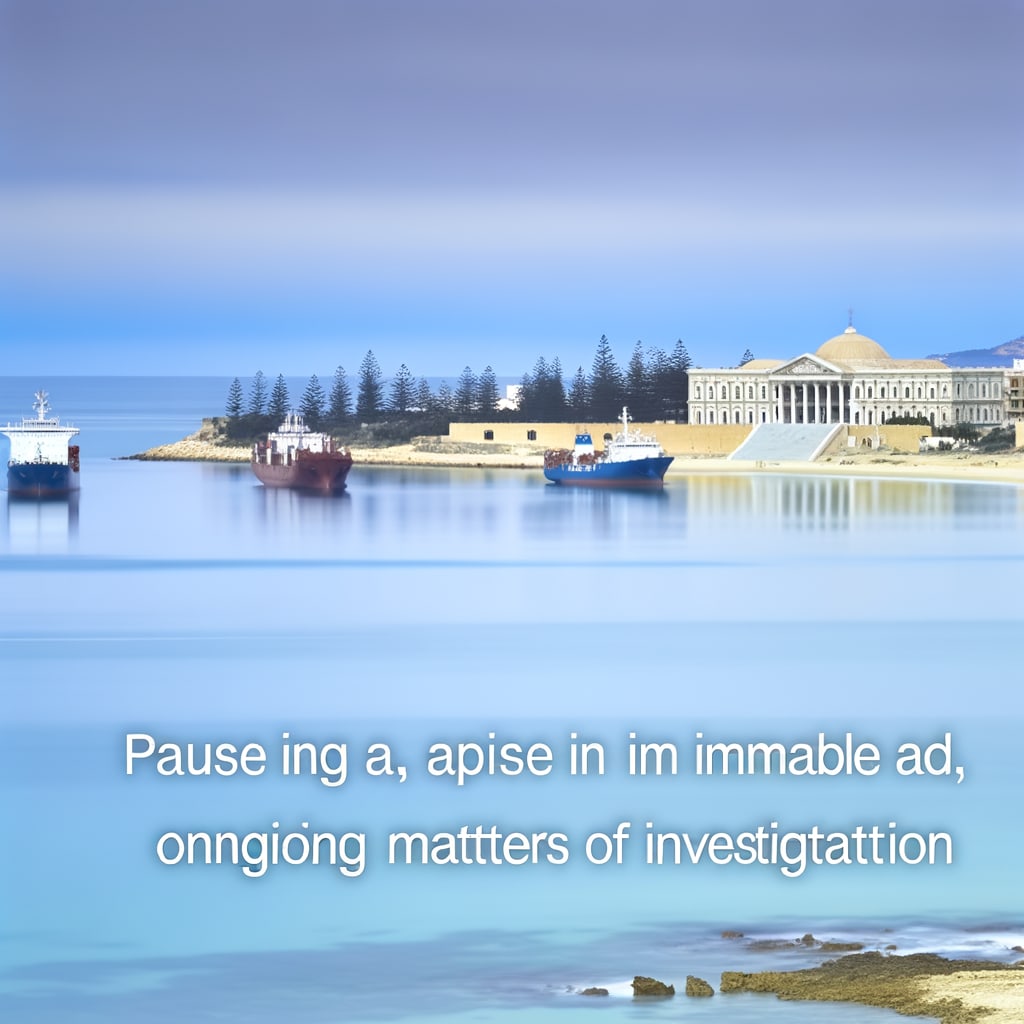Gaza Aid Flotilla Reports Two Drone Strikes in Tunisia, Stirs Global Concern
The Global Sumud Flotilla, an international civilian fleet carrying aid for Gaza and pro-Palestinian activists, reported two drone attacks on its boats in less than 24 hours at the port of Sidi Bou Said in Tunisia, raising concerns of aggression against Tunisian sovereignty and threatening the humanitarian mission. The incidents, which occurred on Tuesday and Wednesday, resulted in fire damage to the flotilla's boats but no reported injuries among the passengers and crew.
The Humanitarian Mission
The Global Sumud Flotilla is comprised of more than 50 vessels, making it the largest civilian aid convoy ever assembled for Gaza. It includes international activists from 44 countries, among them environmental activist Greta Thunberg and Portuguese MP Mariana Mortágua. The flotilla set sail from various European ports with the aim of breaking Israel's blockade of Gaza and delivering essential humanitarian aid to the region. Tunisia was a stop on route to Gaza, where the flotilla intended to deliver food and medical supplies.
The Drone Attacks
The first drone attack occurred in the early hours of Tuesday, reportedly striking the lead ship of the flotilla, known as the Family Boat,
which was registered in Portugal. The six passengers and crew on board were unharmed, and the ship remained structurally intact despite fire damage. Miguel Duarte, a witness onboard the Family Boat, told the Middle East Eye that he saw a drone hovering over the vessel before it dropped an explosive device.
The second incident occurred less than 24 hours later, with the flotilla's largest ship, the Alma, also reportedly struck by a drone. Footage from security cameras and social media posts by the flotilla's organizers show flashes of light landing on the boats and setting off fires.
Contrasting Claims
Despite the released footage and witness accounts, Tunisian authorities initially denied the presence of any drones near the flotilla, and dismissed the reports of a drone strike on the boats as having no basis in truth
. However, following the second incident, Tunisia's interior ministry acknowledged the attacks as a premeditated aggression
and initiated an investigation.
Francesca Albanese, the United Nations' special representative in the port of Tunis, stated that if the drone attacks on the flotilla were confirmed, they would be considered as an aggression against Tunisian sovereignty. The Israeli military has not responded to requests for comment.
Current Status and Implications
The attacks have delayed the Global Sumud Flotilla's departure from Tunisia, originally planned for Sunday, but rescheduled to Wednesday due to technical and logistical reasons beyond management's control
. The flotilla's mission to deliver aid to Gaza continues.
In a released statement, the organizers of the flotilla declared, Acts of aggression aimed at intimidating and derailing our mission will not deter us.
The incidents have drawn international attention and raised concerns over the safety of humanitarian missions in the region.

